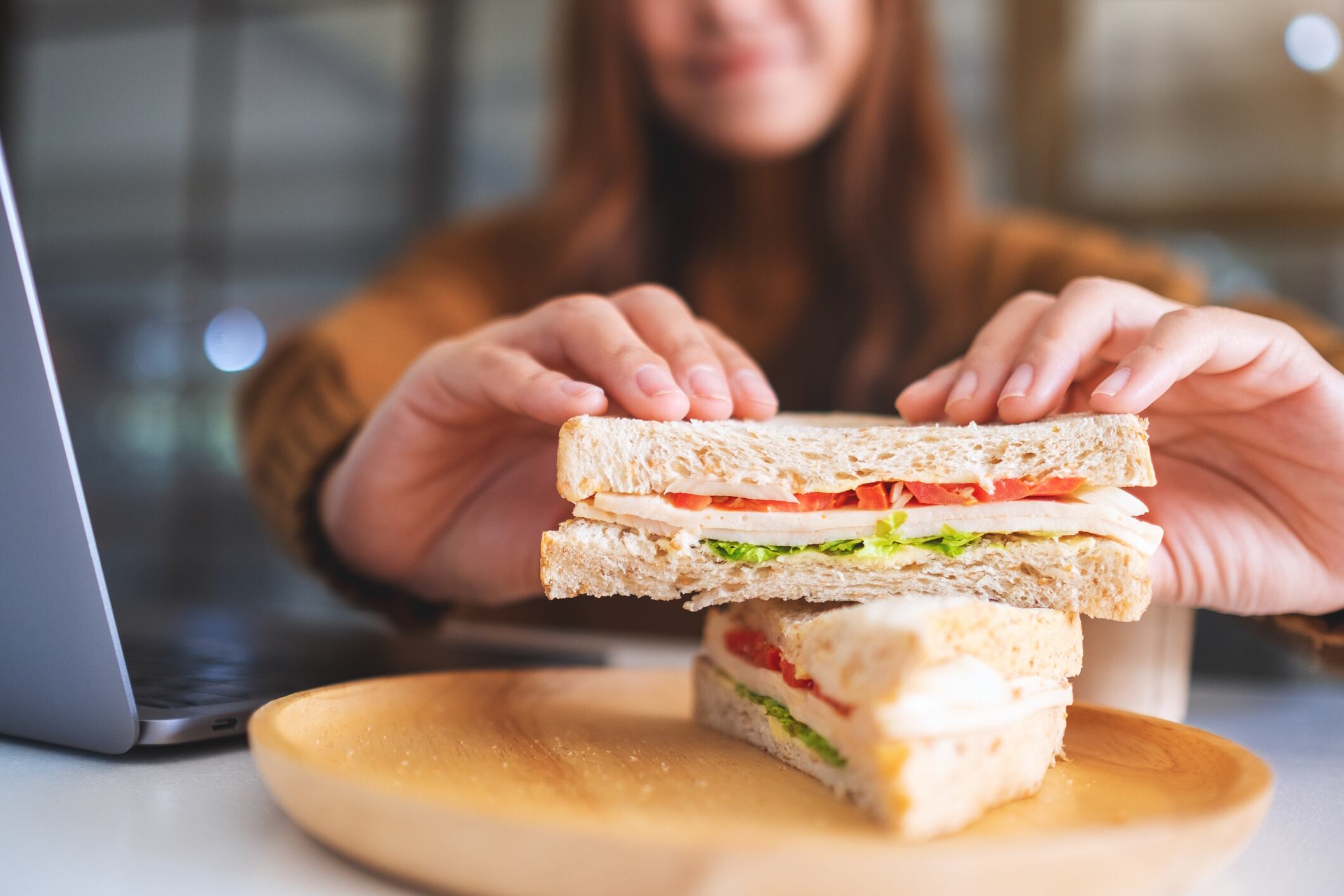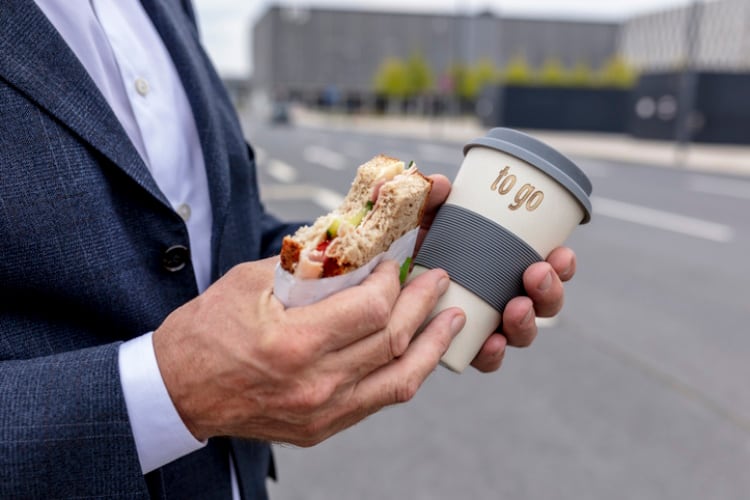The tie-up, which still requires shareholder and regulatory approval, would create a convenience food giant with combined revenues close to £4bn and a product portfolio spanning everything from ready-to-eat sandwiches to chilled pizzas and desserts. The companies say the deal offers compelling value for shareholders and consumers alike – but not everyone is convinced.
Breaking down the numbers
Greencore is offering Bakkavor shareholders 0.604 new Greencore shares and 85p in cash for each share, valuing each at 200p – a 33% premium on its March 13 closing price. The total offer comes in at approximately £1.2bn ($1.59bn) and includes a potential bonus payout if Bakkavor’s US business is sold within a year of completion.
Greencore shareholders are expected to hold around 56% of the combined group, while Bakkavor shareholders will own the remaining 44%. The deal is structured as a reverse takeover, with Greencore taking the operational lead. The ‘put up or shut up’ (PUSU) deadline for the deal had to be extended twice before final terms were agreed.
Completion is expected in early 2026.
A strategic fit – on paper

The companies describe the merger as a natural alignment of two complementary businesses: Greencore’s strength lies in ‘food for now’ – sandwiches, wraps, snack boxes – while Bakkavor leads in ‘food for later’ products like ready meals, dips, desserts and pizzas.
Dalton Philips, CEO of Greencore, said the deal will unlock greater innovation and category reach, helping the business serve more consumption occasions throughout the day.
A Greencore spokesperson added: “Bakkavor will complement Greencore’s existing product range – with several products they don’t make, including pizzas, breads, desserts and chilled dips. This combination is bringing together Greencore’s ‘food for now’ range with Bakkavor’s ‘food for later’ portfolio.”
Bakkavor chair Simon Burke said the merger now offers ‘very attractive’ terms for shareholders.
“Having considered a combination previously, we believe that this transaction now proposes terms that we consider are very attractive to Bakkavor’s shareholders,” said Burke.
“The transaction offers shareholders a significant premium, with an attractive combination of cash on completion and the ability to participate in the future value creation anticipated from bringing the two businesses together.”
Bakkavor CEO Mike Edwards also framed the deal as a win for employees and customers. “The combined business will create more opportunities for colleagues, allow us to do an even better job for customers and be even more resilient.”
Union backlash

Despite the upbeat tone from leadership, unions are less convinced. The deal includes plans to generate at least £80m in annual cost savings – with around 5% expected to come from rationalising manufacturing sites and associated headcount. That translates to approximately 1,525 jobs.
GMB and Unite both criticised the way the cost-cutting language was buried deep in the deal documentation, rather than communicated transparently.
“The likelihood of site closures and a drop in headcount confirms our worst fears – that hard-working production staff will be facing job losses,” said Eamon O’Hearn, national officer at GMB.
Added Bev Clarkson, national officer for food at Unite, “Less competition in the marketplace is likely to lead to long-term wage stagnation and potential redundancies. It is also bad news for consumers as, at a time when prices are already rising, fewer competitors in the market will likely lead to faster price rises.”
Both unions have called for urgent meetings with company leadership to raise concerns and demand greater transparency around job security and factory operations.
Market & category implications

The deal will reshape the chilled convenience category. With shared customers including Tesco, M&S, Waitrose, Sainsbury’s and Asda, the combined group will supply a significant portion of the UK’s fresh own-label food-to-go and ready meal offerings.
The expanded scale offers clear efficiencies – but also introduces risks of reduced supplier diversity, less competition and increased pricing power for the merged group.
Analysts say the combined company could become a launchpad for faster product development in emerging categories like high-protein snacks, vegan ready meals and premium chilled desserts.
However, the deal still needs to clear several hurdles. Regulatory scrutiny is likely, given the impact on competition in the UK chilled food sector. Shareholder votes will also be required from both companies.
Greencore has confirmed it will undertake a detailed review of all business locations and fixed assets as part of its integration planning. While it said most role reductions will come through attrition and streamlining overlapping functions, manufacturing site rationalisation is very much on the table – meaning factory closures remain a possibility.
The companies are also considering a sale of Bakkavor’s US business, which could unlock further cash for investment or debt reduction.
For now, Greencore and Bakkavor are promising a stronger, more resilient, innovation-led group. But for the 30,500 employees across both companies – and the supermarkets and consumers who rely on their products – the real test will be how those promises play out over the next 12 months.





